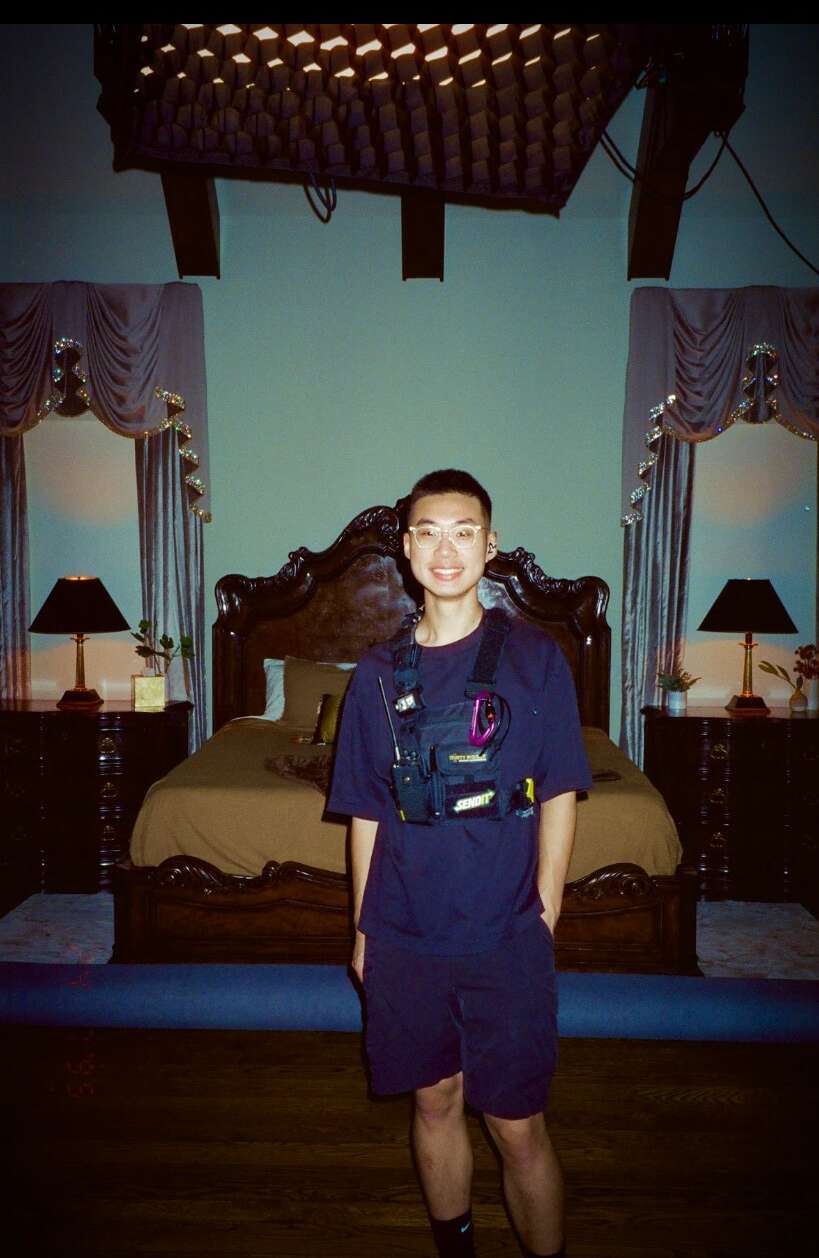We were lucky to catch up with Chak Hon Rex Wong recently and have shared our conversation below.
Rex, looking forward to hearing all of your stories today. How did you learn to do what you do? Knowing what you know now, what could you have done to speed up your learning process? What skills do you think were most essential? What obstacles stood in the way of learning more?
The biggest obstacle that stood in the way of learning is time. Learning to be an assistant camera and cinematographer is an ongoing process of trial and error. I often learn by observing, then implement them into my workflow and see what works and what doesn’t. Staying humble and open-minded are the most crucial in film, there are always something I don’t know and areas that I can do better in. I wish I had watched shows and been on more sets to have a better view of what’s new and good in the industry.
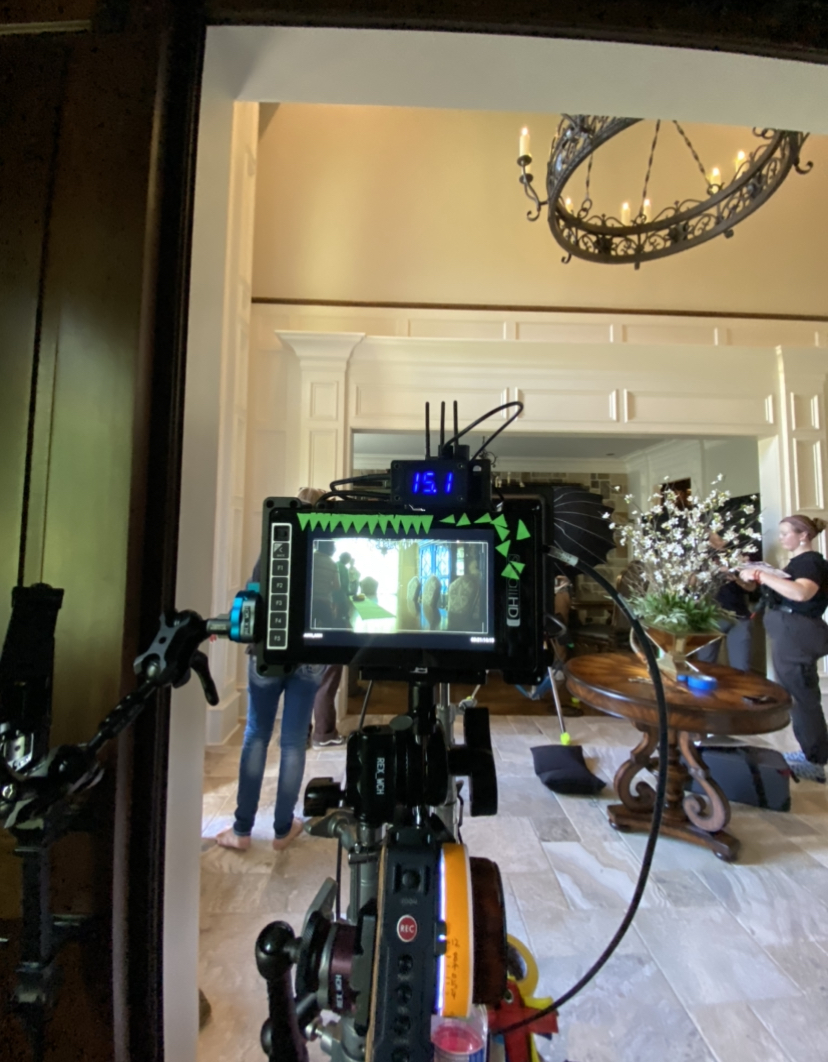
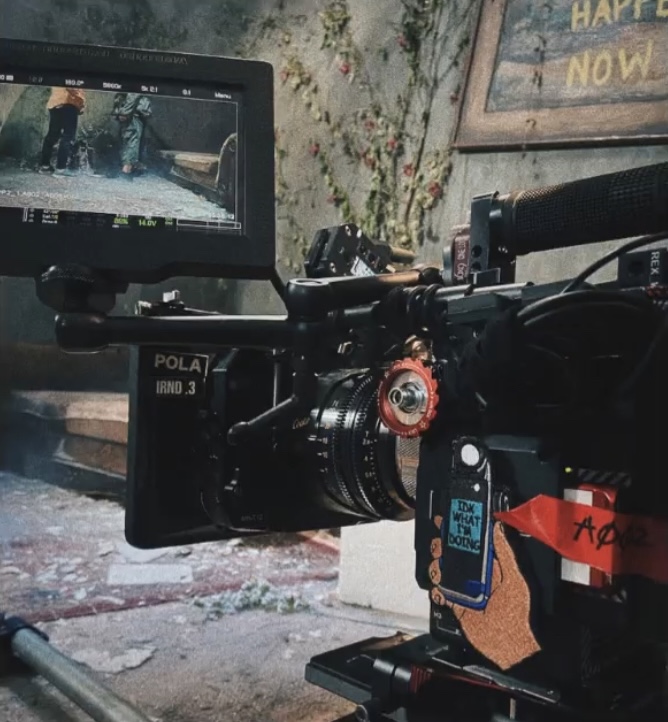
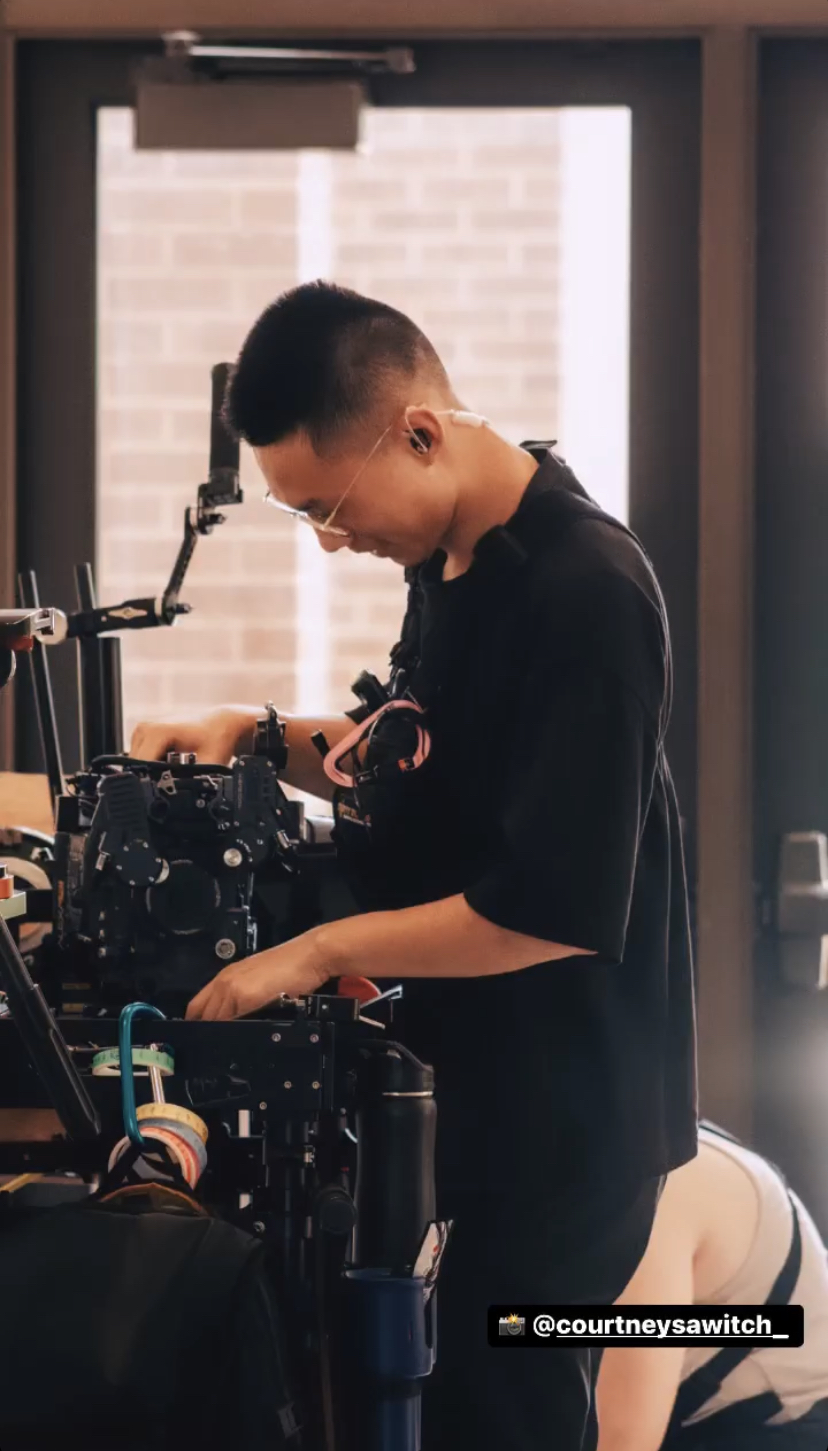
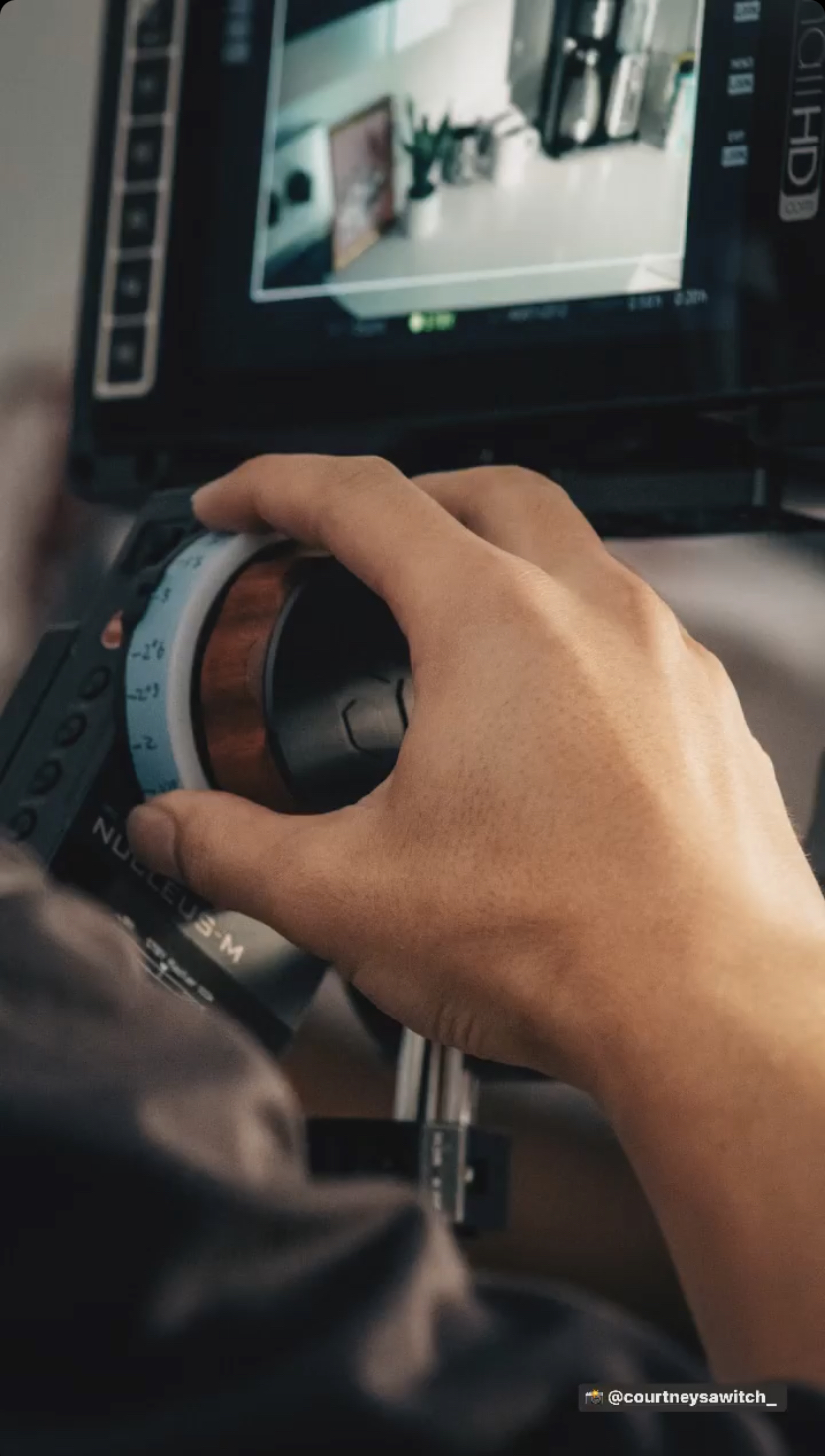
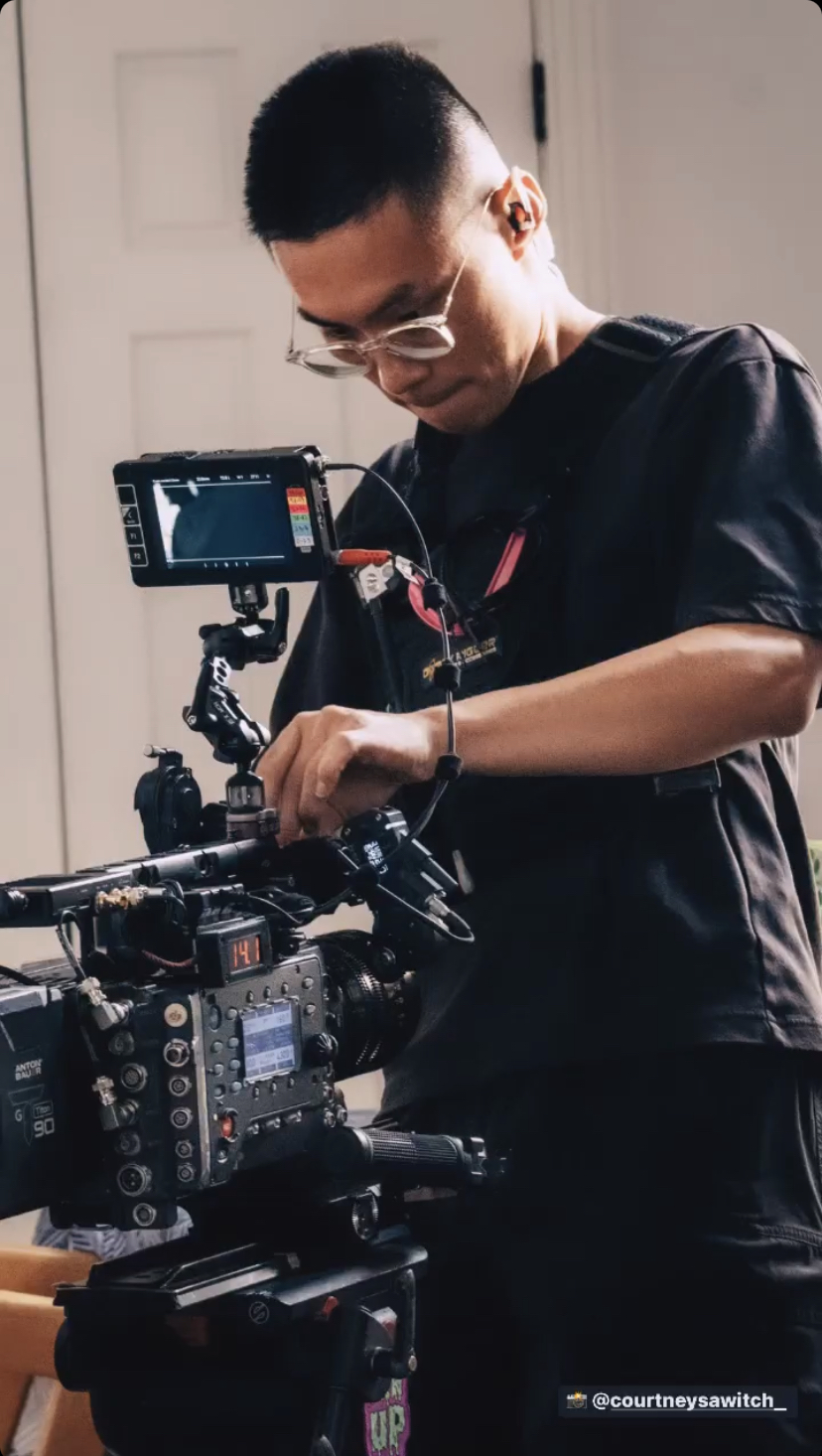
Great, appreciate you sharing that with us. Before we ask you to share more of your insights, can you take a moment to introduce yourself and how you got to where you are today to our readers?
Of course! My name is Rex Wong, I’m a camera assistant and cinematographer based in Atlanta, GA. Born and raised in Hong Kong, studied Film and Photography at the Savannah College of Art and Design. I first started doing small-scale photography and videography back in Hong Kong shooting a variety of subjects. When I moved to the States this year to finish my degree, I was introduced to the narrative world and film world, the workflow on set, and being a director of photography in general. I enjoy working with crew a lot since everyone can focus on doing one job only and excel in their position. Unlike videography where you have to be in charge of everything on a shallower level, you just can’t dial everything in. Looking at the outcome of the collaboration with my team always made me proud. I aim to maintain a high level of professionalism at work, no matter what level of production it is, I always give them my A-game. That is something I am most proud of and trying to maintain throughout all the projects.
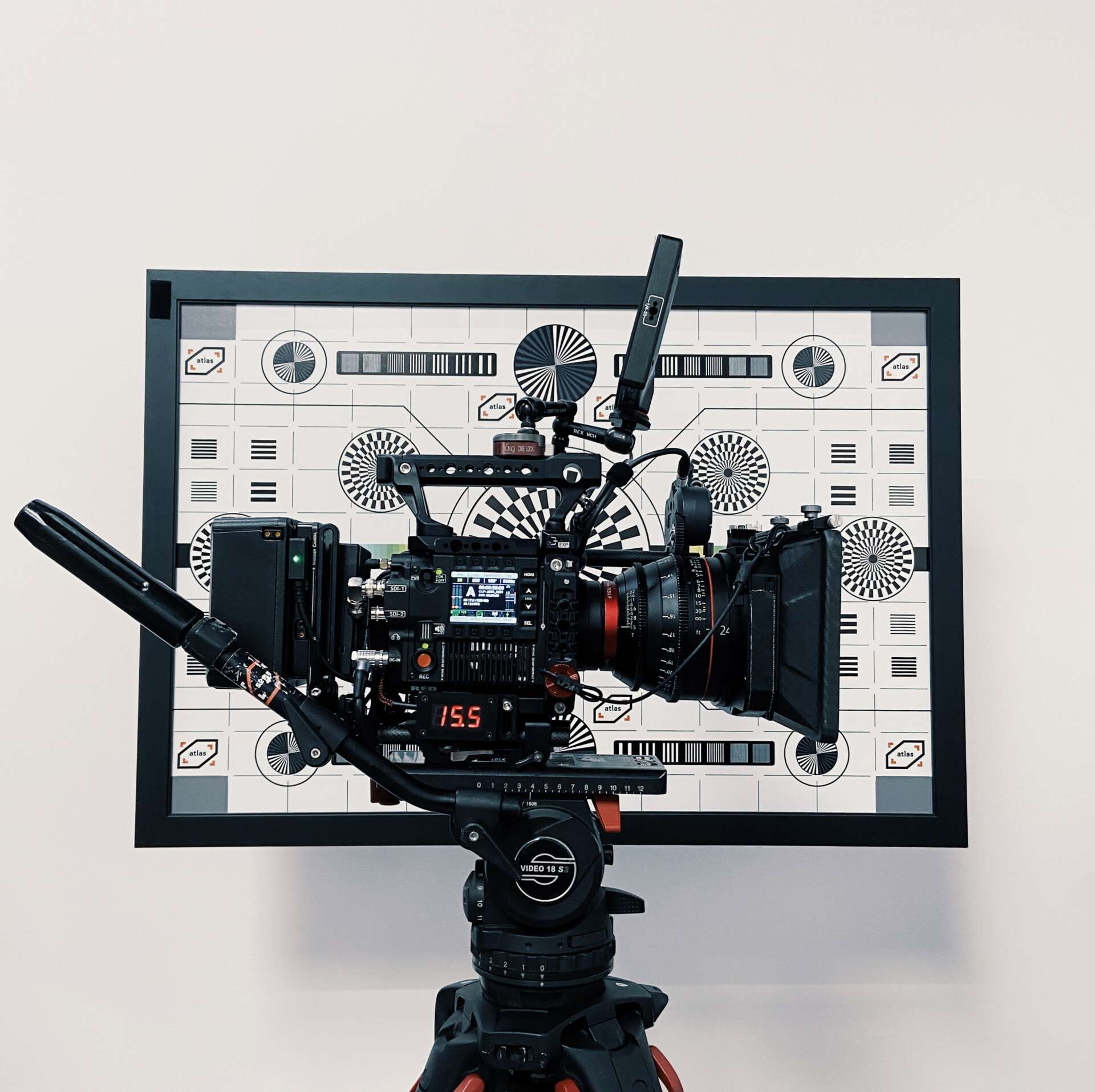
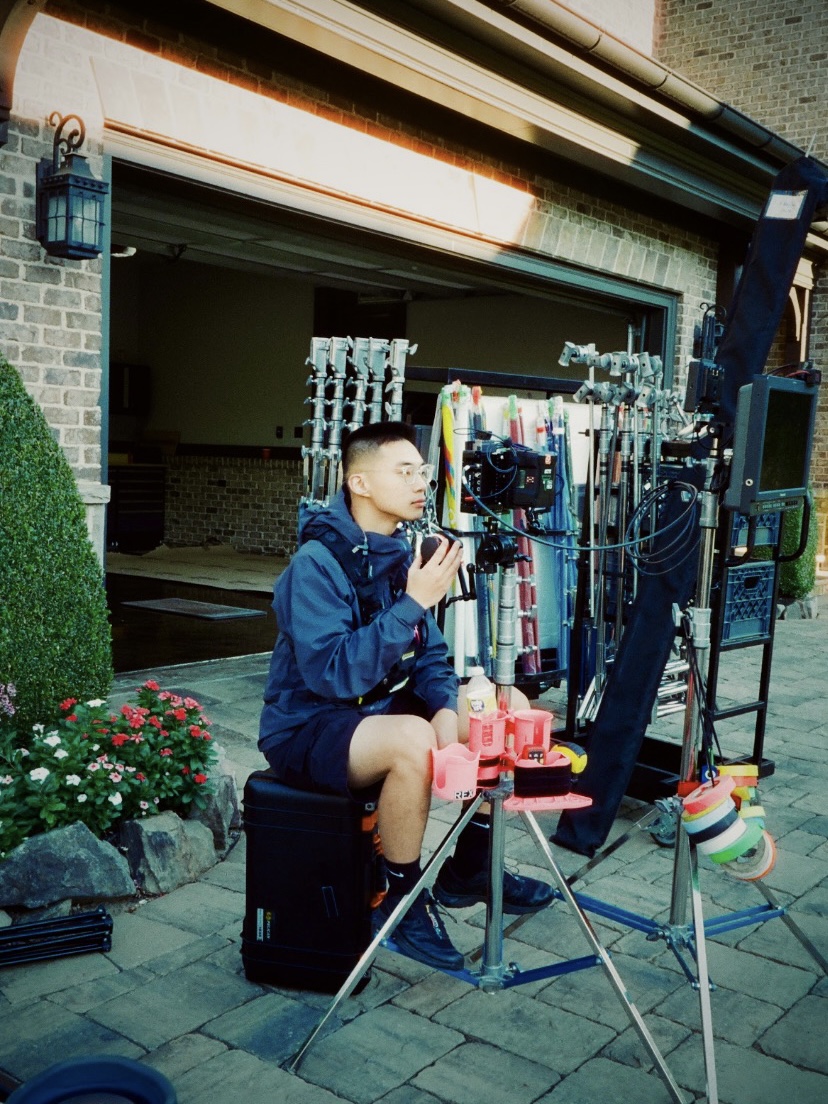
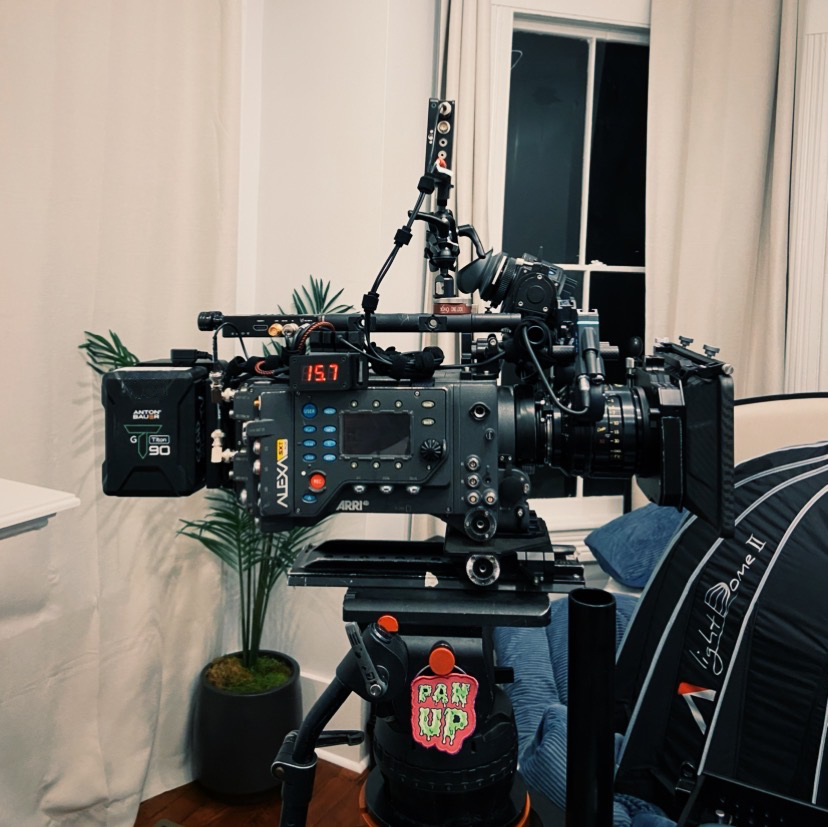
Can you tell us about a time you’ve had to pivot?
My film life has always been on a rollercoaster. Long story short, I failed Chinese in Hong Kong’s public exam and could not get into any local universities that offer film programs. I was so upset and thought my future is gone, I might just end up working as a lifeguard for the rest of my life. Luckily with my parent’s support, I ended up applying for SCAD Hong Kong to do Photography. It is a great major to start with, I had a great time learning different aspects of photography with professors and classmates. I enjoyed competing with each other and getting pushed by my peers and professors to create a better body of work. My end goal for my professional career is still film, I wish I can work professionally in film and do fine art photography projects on the side.
I decided to switch my major to Film right when COVID hits the world and did most of the film classes online. During my time in Hong Kong, I was taking online classes, freelancing, and working three intern jobs on the side. I was first introduced to the film world when I moved here for class this year, I tried to be on set every weekend in my first quarter here
just to put myself out there to meet more people and to see how sets are run, they were all very new to me. I was fortunate enough to meet some very talented people and to be invited to join different productions as assistant cameras and cinematographers. In just 8 months, I had my first ever set, shot my first ever narrative project, shot my thesis projects, and graduated. I like the film and production scene here and just wish I have more time at school to work on more projects to learn from my mistakes and to build a more comprehensive portfolio.
At this point, I thought I would never go back to the videography world because I am so used to working with crew, having bigger setups, well-organized productions, and so on, working on projects with higher production values is just way more satisfying. After graduation, I moved to Atlanta with my friends in film and recently started working as a full-time Cinematographer/Videographer for a company to meet my visa requirements. So I guess life sometimes won’t go exactly where I wanted it to be but I believe it will get me somewhere close eventually if I keep learning and stay humble.
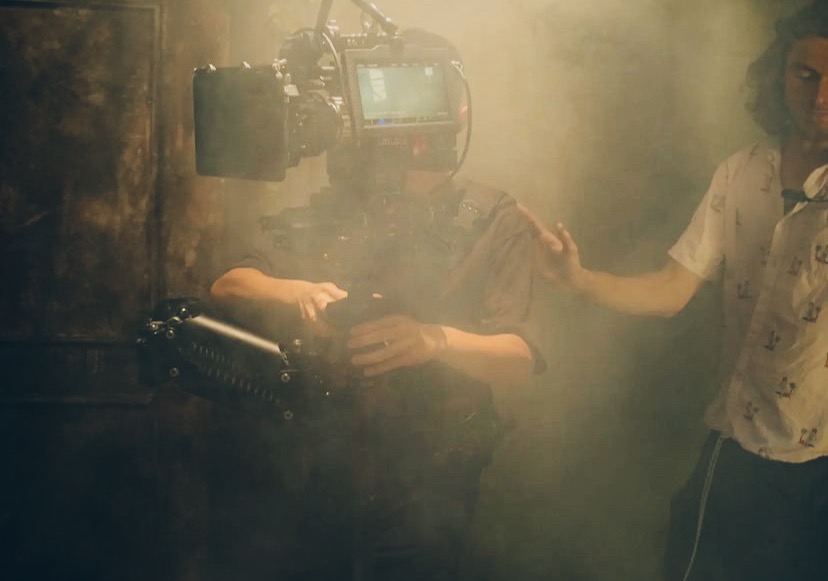
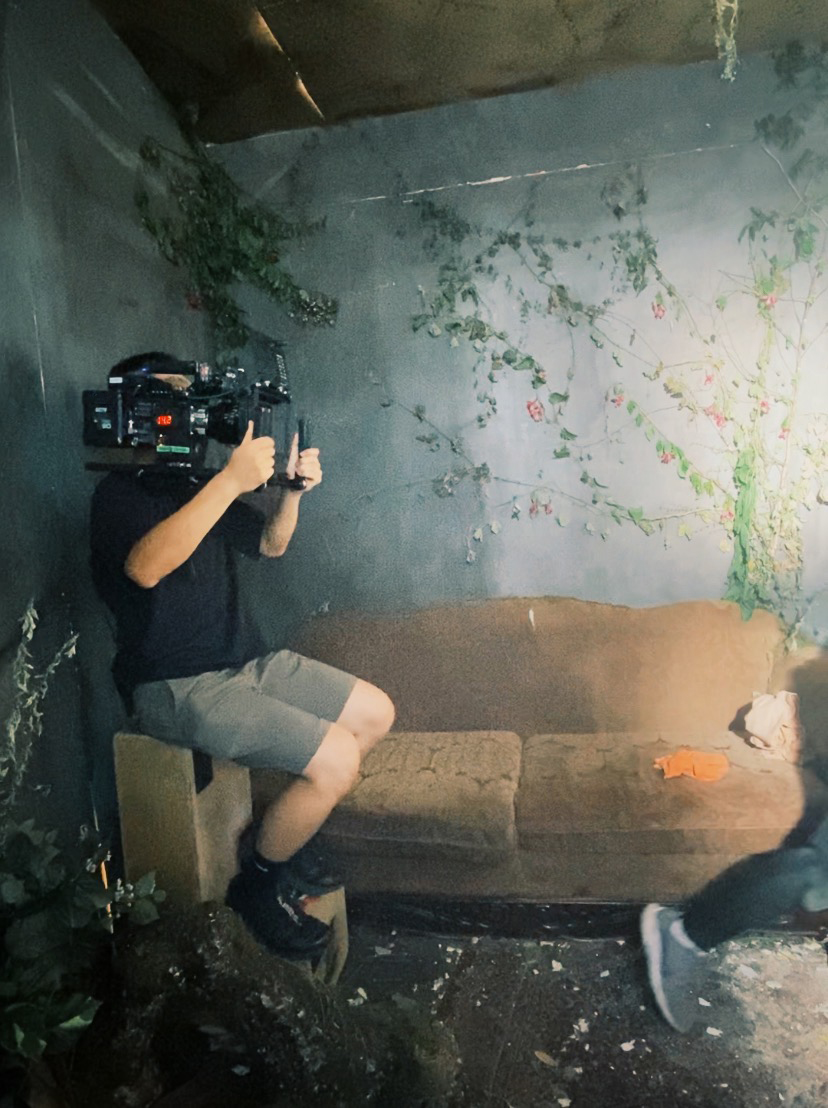
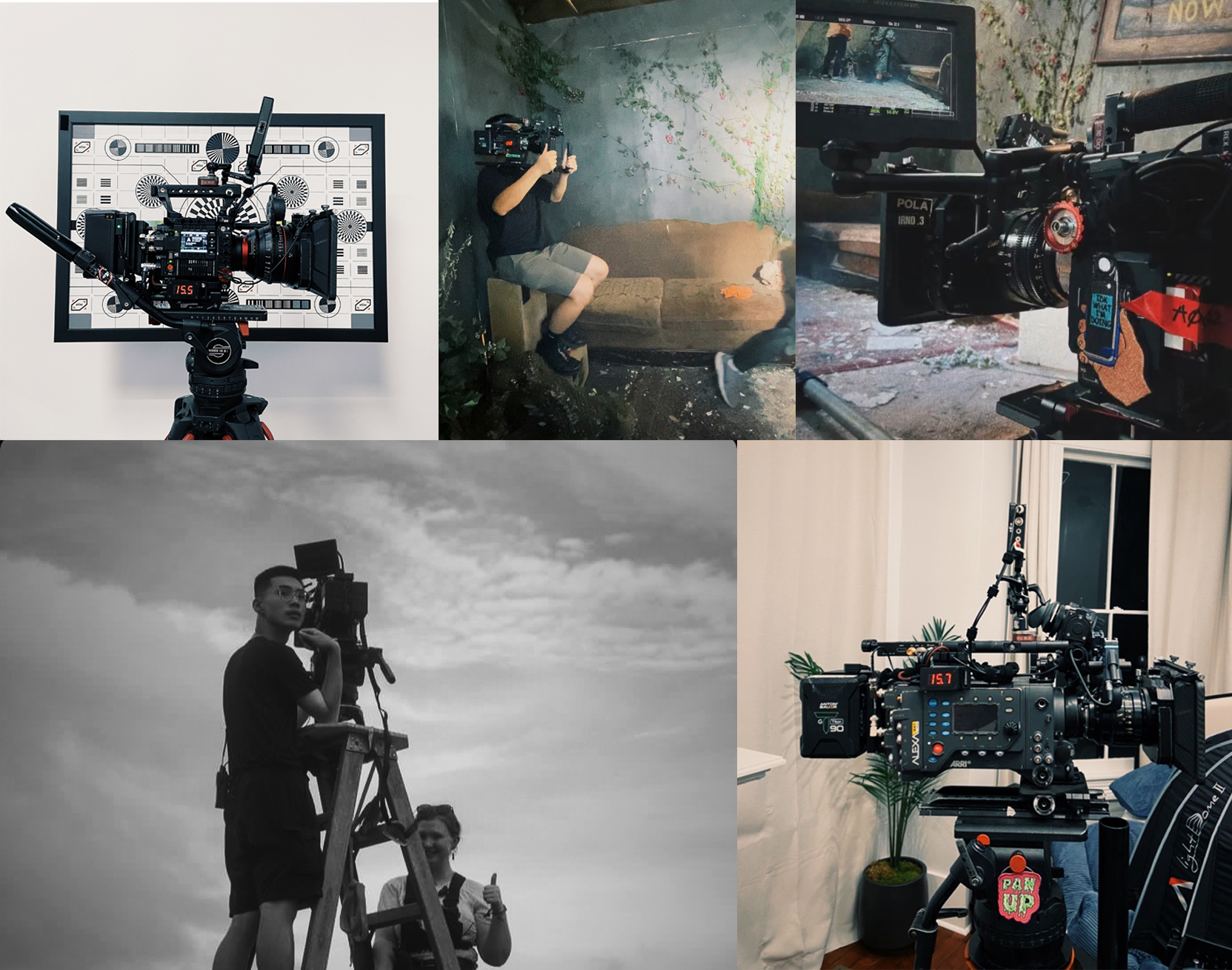
What’s the most rewarding aspect of being a creative in your experience?
Just like a lot of cinematographers, I hate most of my work. There is just way more to improve on every shoot. But I guess the most rewarding aspect of being a creative is to have someone critique my work and give inspirational suggestions. Getting opinions from a new perspective always helps me in thinking and it helps bring my work to a better level. I am super grateful for those who offered me a chance to work with them along the way.
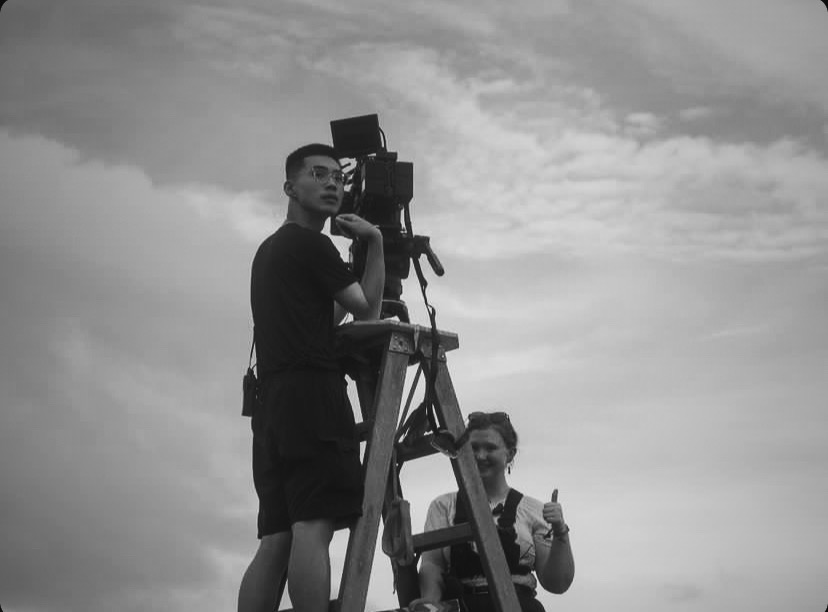
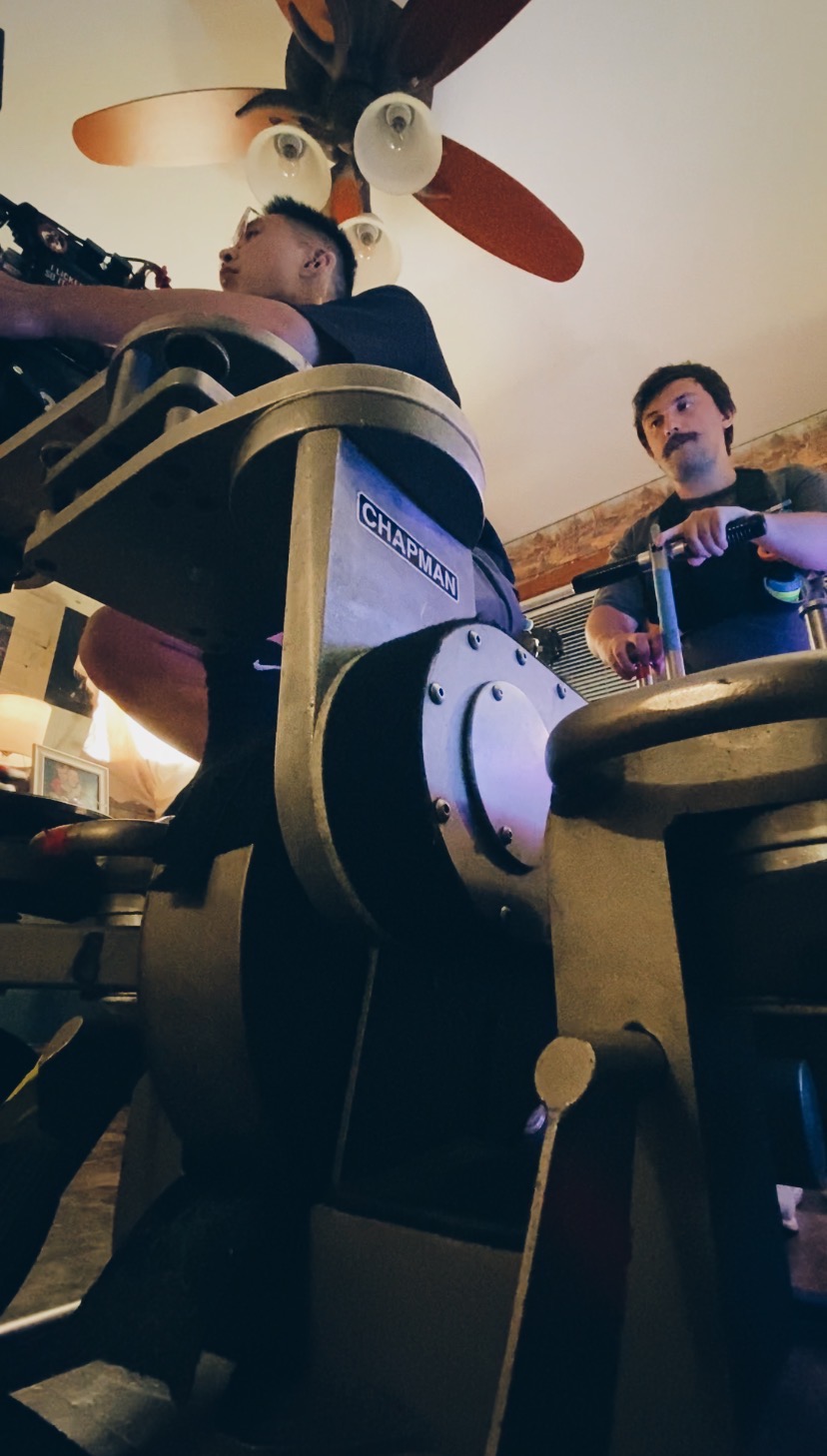
Contact Info:
- Website: www.rexwch.com
- Email: [email protected]
- Instagram: https://www.instagram.com/rex_wch/
- Linkedin: www.linkedin.com/in/rex-wch
Image Credits
@courtneysawitch_photo @jacobho__ @katie.e.lecluyse @pingpong_matcha @shadow69qm @zackgrella


